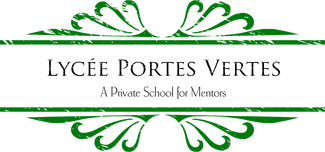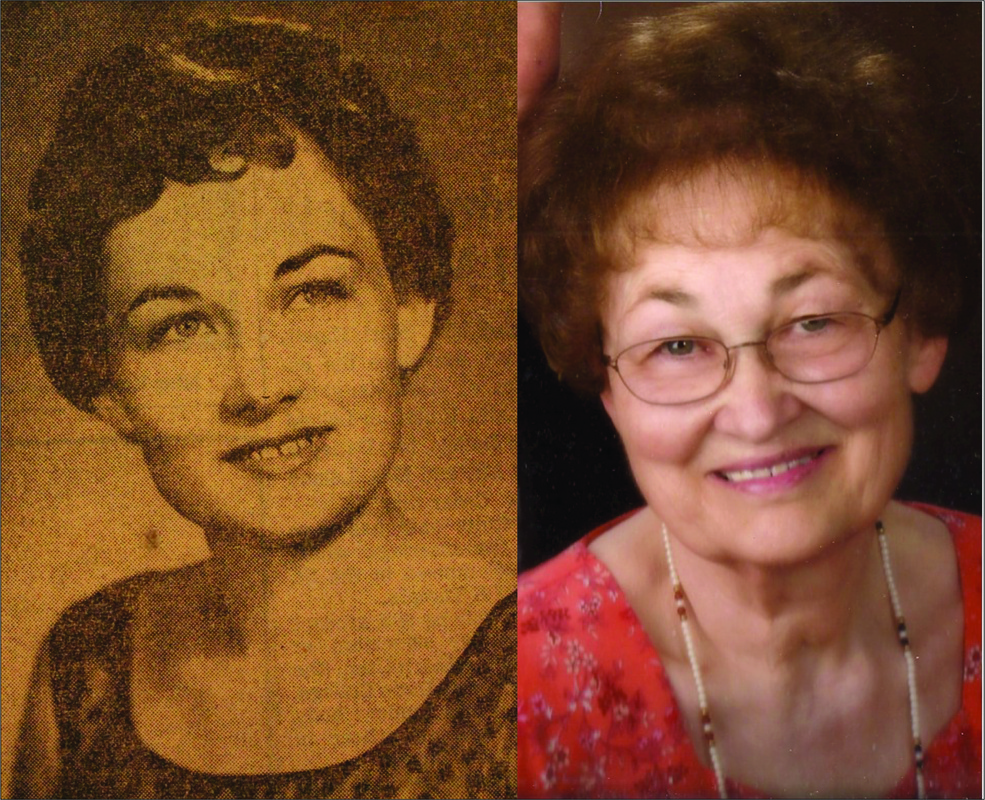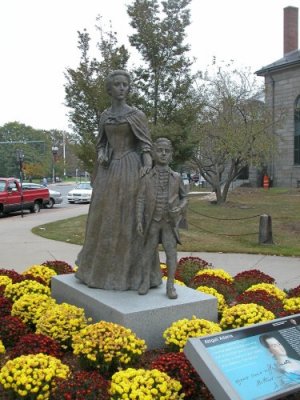Almost a year ago, my mom’s body succumbed to the ravages of Lewy body disease. At the end, she did not even weigh one hundred pounds.
I’ve been thinking a lot about her the last couple of weeks, as I’ve watched a friend of mine unexpectedly say a final goodbye to her 23 year-old son, who was serving a two-year mission for our church. He is the same age as my daughter, who is also currently serving a mission. My son, two years younger than both of them, returned home from a church mission just three months ago.
My heart has been tender, as I’ve observed the outpouring of love and faith to, and from, my friend’s family. Strangers, family, and friends alike attested to her son’s zeal for life and unparalleled potential. They spoke of an accomplished musician, a true friend, a heart full of service, a determination to create and succeed. Although he was only recently of legal age, it seems he has been fulfilling his purpose for a long time.
The family speaks of faith and hope. They believe they will be reunited. They believe in eternity.
Again, I am reminded of my mom. She had that same assurance. As do I.
A year ago, I spent most of my summer back and forth, between my house and hers, caring for her and my dad. I spent two days a week there, dividing the time among my sisters, my aunt, and me. My dad had been caring for her himself for several years. In the last year, we’d had to bring in hospice care, as her condition worsened. Dad couldn’t do it alone, and the rest of us worked and/or lived far away, so we could only help part-time. I was grateful summer, and other circumstances, allowed me time away from teaching to more fully serve them.
Because Dad was a pilot, Mom had carried much of the burden of raising five children, caring for our home, and the general everyday business of life. She was also active in our church and community, creating and administering organizations, fostering the family, serving wherever she was needed.
In the midst of life, over many years, she fulfilled her purpose, but not her potential.
For potential is infinite and unchanging. I don’t imagine anyone achieves their full potential in this life.
Purpose, on the other hand, is quantifiable and can be completed. Mom fulfilled her purpose on this earth, which included, among other things, blessing her family and other families with love of God, love for learning, and love for life, even in her illness.
The son of my friend, if I discern correctly what I’ve witnessed, also fulfilled the purpose of his much shorter life. But for both of them, and all of us, potential is eternal.
My heart has been tender, as I’ve observed the outpouring of love and faith to, and from, my friend’s family. Strangers, family, and friends alike attested to her son’s zeal for life and unparalleled potential. They spoke of an accomplished musician, a true friend, a heart full of service, a determination to create and succeed. Although he was only recently of legal age, it seems he has been fulfilling his purpose for a long time.
The family speaks of faith and hope. They believe they will be reunited. They believe in eternity.
Again, I am reminded of my mom. She had that same assurance. As do I.
A year ago, I spent most of my summer back and forth, between my house and hers, caring for her and my dad. I spent two days a week there, dividing the time among my sisters, my aunt, and me. My dad had been caring for her himself for several years. In the last year, we’d had to bring in hospice care, as her condition worsened. Dad couldn’t do it alone, and the rest of us worked and/or lived far away, so we could only help part-time. I was grateful summer, and other circumstances, allowed me time away from teaching to more fully serve them.
Because Dad was a pilot, Mom had carried much of the burden of raising five children, caring for our home, and the general everyday business of life. She was also active in our church and community, creating and administering organizations, fostering the family, serving wherever she was needed.
In the midst of life, over many years, she fulfilled her purpose, but not her potential.
For potential is infinite and unchanging. I don’t imagine anyone achieves their full potential in this life.
Purpose, on the other hand, is quantifiable and can be completed. Mom fulfilled her purpose on this earth, which included, among other things, blessing her family and other families with love of God, love for learning, and love for life, even in her illness.
The son of my friend, if I discern correctly what I’ve witnessed, also fulfilled the purpose of his much shorter life. But for both of them, and all of us, potential is eternal.




 RSS Feed
RSS Feed
